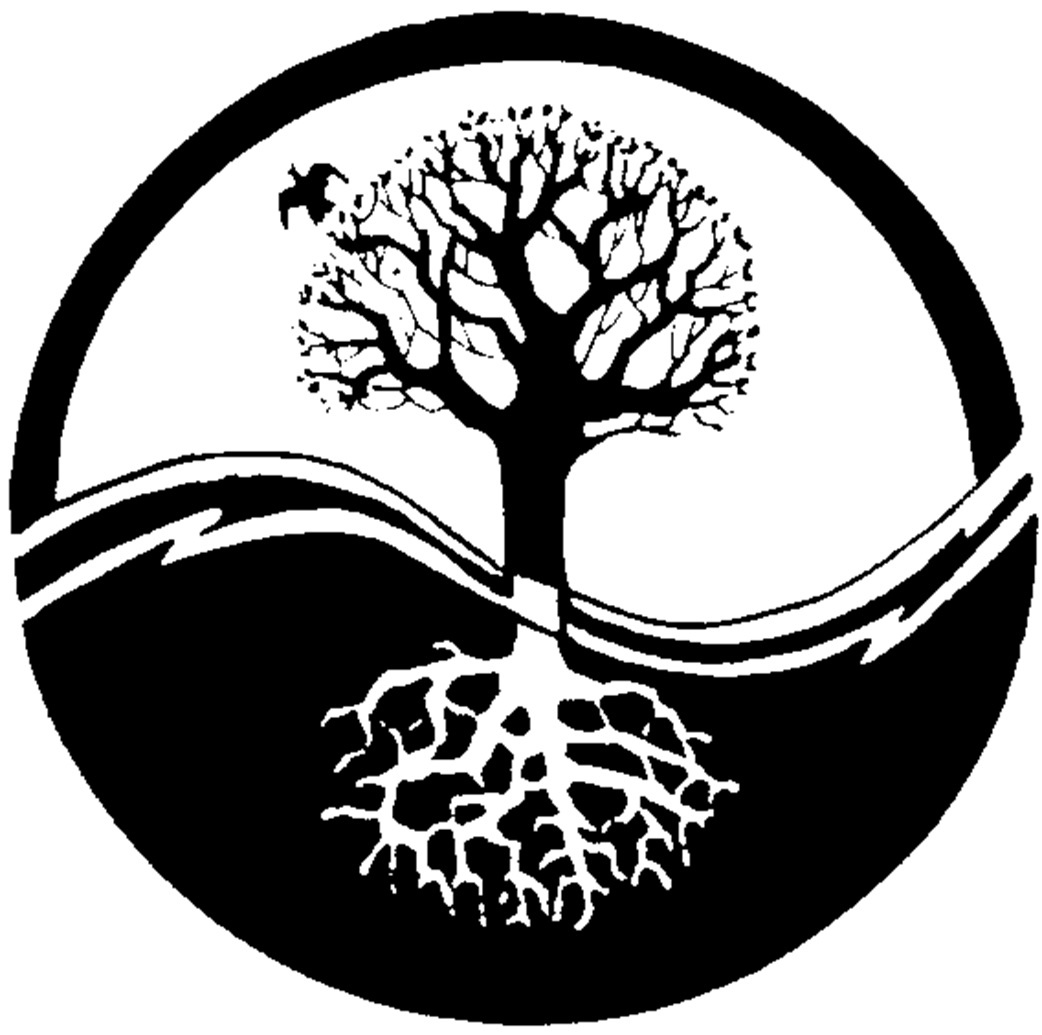Happiness Habit #1: Awe

All of us seek happiness in our days and for good reason. Our experience of being happy or unhappy colors everything.
Happy people have been found to feel safer and more confident, they cooperate more easily, and are more socially connected. Happy people savor their past positive experiences without dwelling on the negatives. In fact, happier people live healthier, longer, and more satisfied lives.
Gloomier people tend to think more skeptically and critically about other people and situations. They often feel depressed, possibly hopeless, and life may even seem meaningless. When people think of the past in this state of mind, negative events stand out much more than the positives.
Even though happiness, by definition, is a state of mind that is subject to change, clearly moods do matter.
Throughout most of psychology’s history, its work focused on understanding negative aspects of human life. In contrast, positive psychology shifted the focus to the study of constructive emotions and character traits.
Beginning at the end of the 20th century, subjective well-being – the extent to which we experience happiness or satisfaction with life – drew more attention. A sense of positive well-being indicates satisfaction with the past, happiness with the present, and optimism about the future.
Moods are fleeting and connected to life events. With the upheaval of our lives due to the COVID 19 pandemic, the question becomes how is anyone happy? Yet, many of us have moments of surprising joy, despite the situation. Even so our lives have a new sense of fragility. Happiness is elusive.
Lucky for us, researchers have examined the sensation of well-being and found there are 12 pillars that strengthen the experience. Exploring these pillars provides opportunities to nurture well-being and build it’s presence in our lives.
One Element of Well-Being is Awe
One way we can generate happiness is to experience awe or appreciation for things larger than we are; the sky, the ocean, a mountain range. Recognizing that we are but a small part of the universe helps generate a sense of perspective. Our problems might not be as big as we think they are.
Research suggests that even watching videos and reading stories that convey a sense of vastness and possibility can increase our feelings of awe, slow our perception of time, and boost our life satisfaction.
Give it a try!
Beautiful video about lightning storms
Wildlife Photography contest: Antarctic seal photo wins top prize
Take this online quiz to determine the role that awe plays in your life.
Read more about the experience of awe and its value in our lives.

